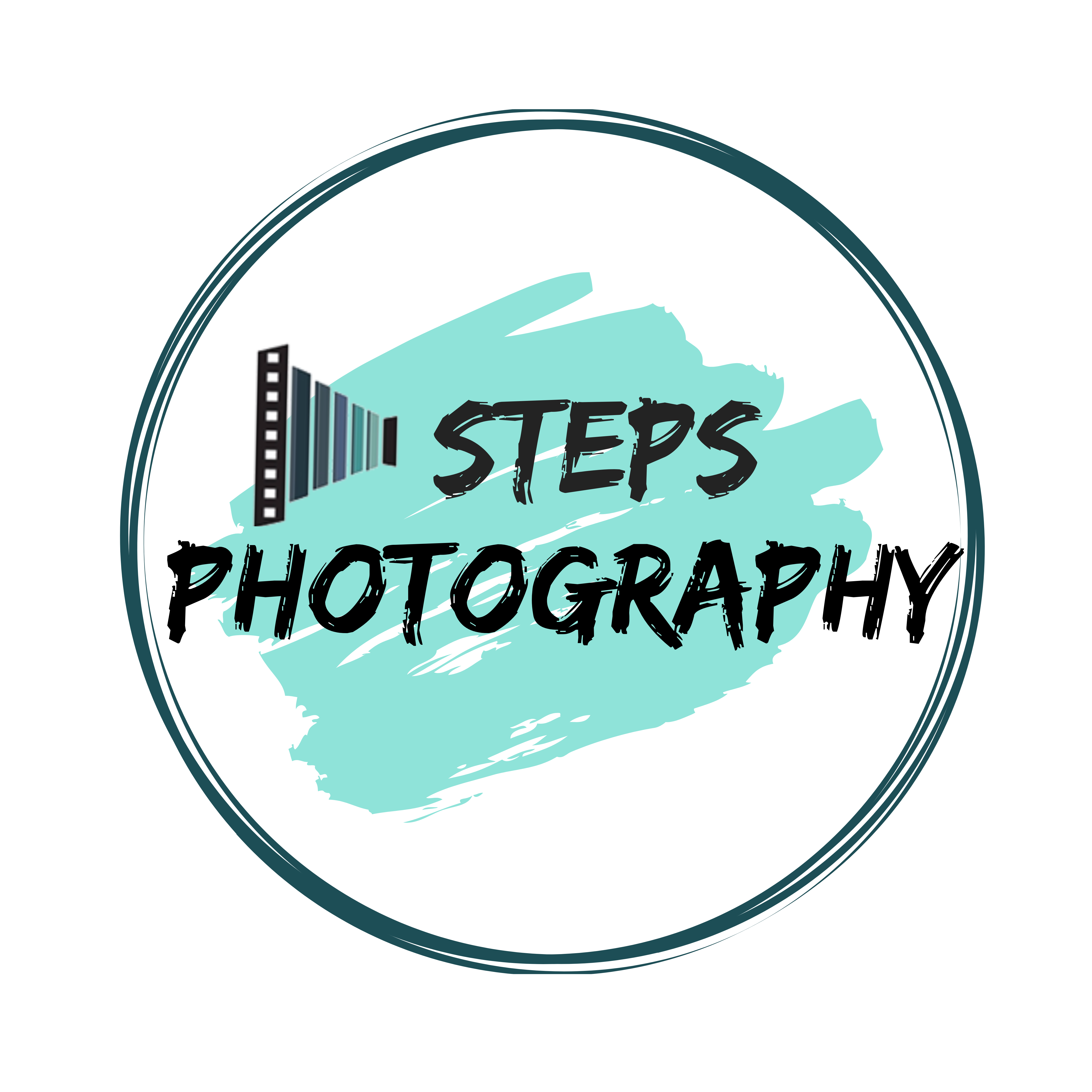- Higher Tier DSLR Camera: The core tool of videography is the camera. It can range from professional cinema cameras used in filmmaking to consumer-grade camcorders, DSLRs, and even smartphones. The choice of camera often depends on the intended use and budget.
- Frame Composition: Just like photography, videography relies on principles of composition to create visually pleasing and meaningful shots. Factors like framing, rule of thirds, leading lines, and balance play a crucial role in achieving an aesthetically pleasing video.
- Adjustable Lighting: Proper lighting is essential for videography. It can set the mood, highlight subjects, and create depth. Videographers use a combination of natural light, artificial lighting sources, and light modifiers to achieve the desired look.
- Mood & Sound: Good audio quality is as important as video quality. High-quality microphones, whether built-in or external, are used to capture clear and crisp audio. In post-production, sound editing and mixing are employed to enhance the audio.
- Customised Editing: Post-production is where the raw video footage is transformed into a cohesive and engaging final product. Video editing software is used to cut, arrange, and manipulate video clips, add effects, transitions, and synchronize audio.
- Creative Storytelling: Videography is a storytelling medium. Whether you’re creating a documentary, a promotional video, or a vlog, a strong narrative or message helps engage the audience and convey information effectively.
- Flexible Genres: Videography encompasses various genres, from documentaries and corporate videos to music videos, travel vlogs, and wedding videos. Each genre has its unique requirements and style.
- Up-to-Date Equipment: Videographers use a range of equipment, including tripods, stabilizers, drones, and various accessories to capture steady and creative shots. Higher-end productions might also involve gimbals and cranes.
- Planning and Pre-production: Before shooting, videographers engage in pre-production activities, such as scripting, storyboarding, location scouting, and organizing equipment. These steps are essential for a well-executed shoot.
- Legal and Ethical Considerations: Videographers must also consider legal and ethical issues, such as copyright, privacy, and permissions when capturing and using footage, especially in public or private settings.
+65 8727 1950
info@stepsphotography.com.sg
